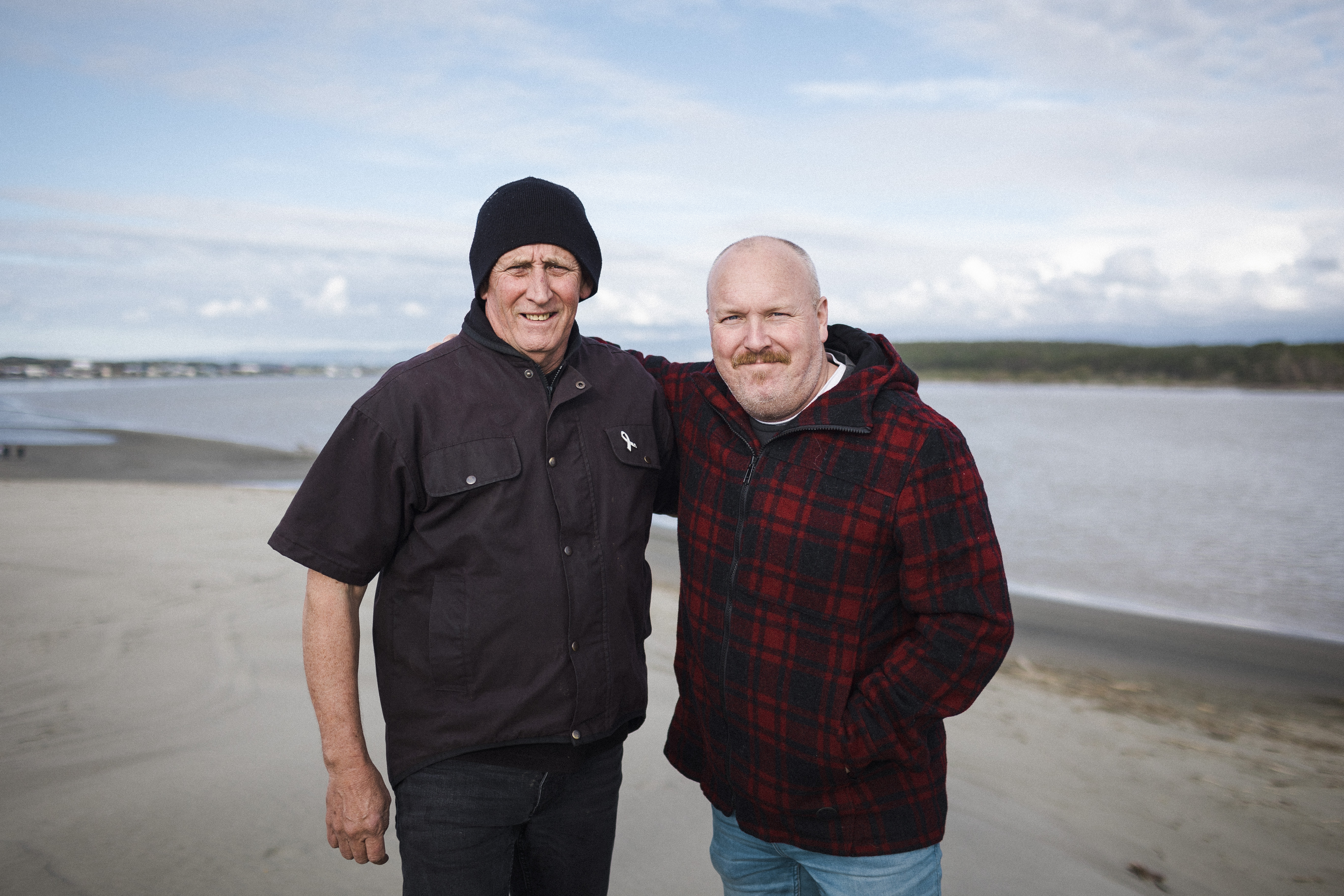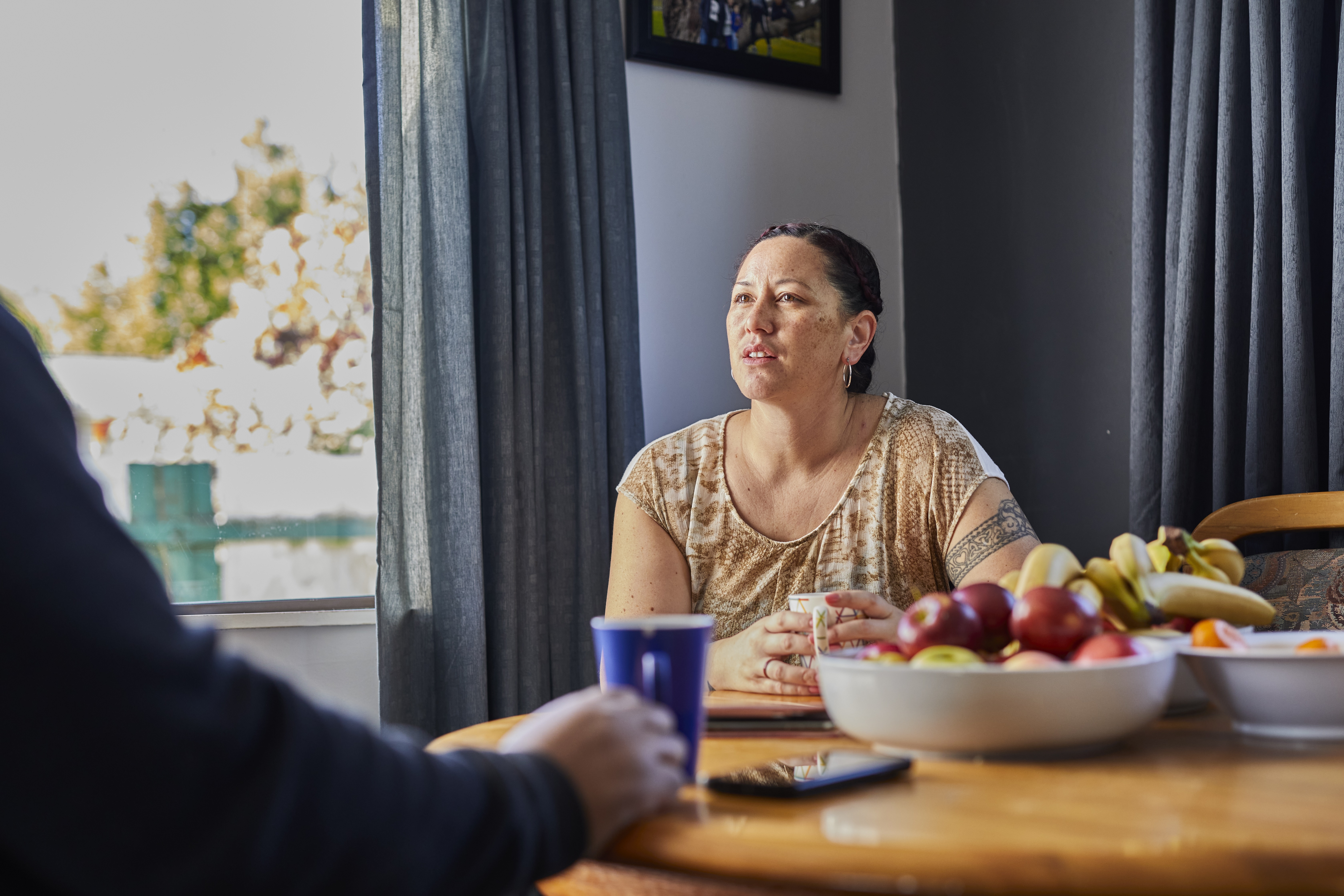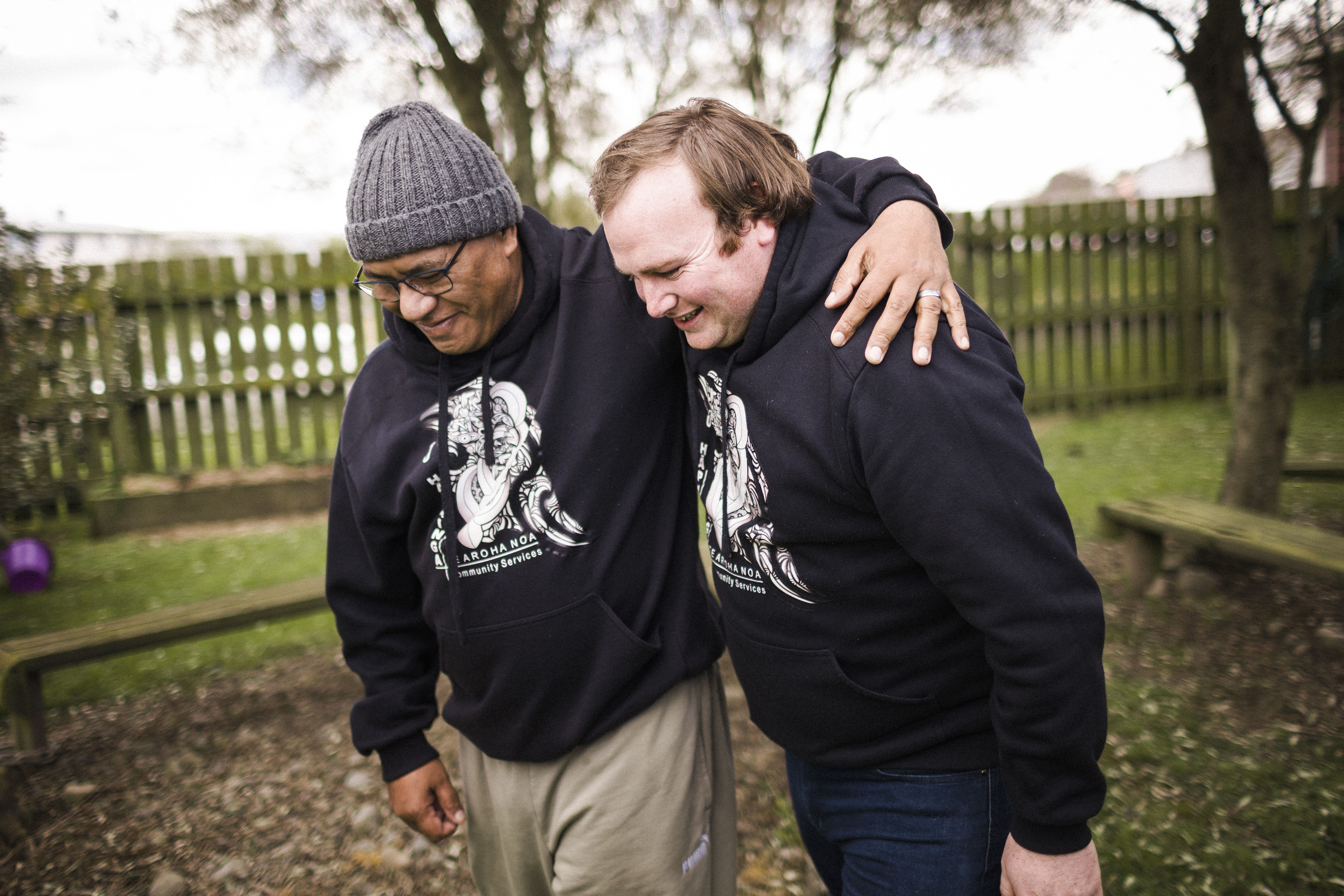
Are you supporting someone you know?
Welcome supporters. It’s awesome that you want to help someone make positive changes in their life. Having trusted people around to support them through their change journey is crucial to helping them stay on track without using or resorting to violence.
-
Thinking About Change – they may have noticed or been made aware of concerns about their behaviour.
Taking Steps for Change – they’re actively doing things to recognise and change their behaviour.
Staying on Track – they’ve made changes to their behaviour and are practising keeping those changes going.While supporting someone, it’s important you don’t share anything with them that might put the person they are abusing at greater risk.
There isn’t one right way to support someone on a change journey, so here are some tips for how to support someone while taking care of yourself too.
-
Knowing that someone needs support to change their behaviour can be difficult. But if your gut feeling is that something isn’t right, you should listen to it.
We might be worried that if we speak up it may affect our relationship with the person or that we’ve misinterpreted a ‘normal’ argument.
-
Anyone can be a supporter. It could be someone’s mate, family/whānau member, neighbour, a bystander in public, or even someone who has used violence themselves in the past and has been on a change journey.
Sometimes people being harmed want to find support for their loved one to change. Here are some tips to see if you’re the right person, or if it’s best to ask someone else to step in: -
Providing support can look likeWhat if people think they don't need support?Supporters need to keep themselves safeAs a supporter be mindful of



Need help not sure where to find it?
Use the Service Finder tool below to find the right support for you.